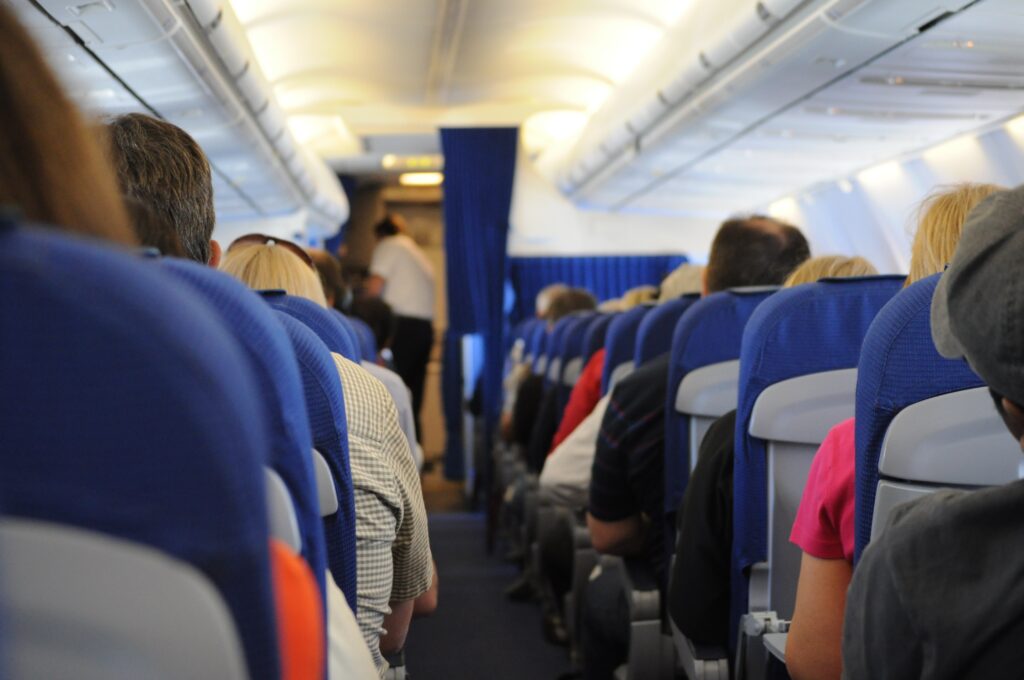
Mask mandates on planes may be gone, but COVID-19 is still here. This has many people wondering if it’s really safe to fly without a mask. To answer this question, USA Today looked into the efficacy of airline air filters.
Experts say onboard air filtration systems remove 99 percent of particles, including viruses, so that should help keep transmission on flights low, but they do not totally eliminate the risk of spreading COVID-19.
So, while airline air filters may make the air “as clean as an operating room,” masks provide an added layer of protection — especially if you are seated next to or near an infected passenger as well as during boarding and deplaning when people are close together.
Research shows that wearing a face mask may reduce the probability of infection on an airplane by an average of 47-to-86 percent, depending on the mask.
It’s also important to note that the HEPA-filtered recirculated air and downward ventilation on modern airplanes touted as purifying the air to hospital quality conditions, applies only when the plane is flying and you are seated. The air filtration is not always running during the boarding process.
Additionally, crowded airports and stuffy jet bridges do not have the same high-quality air filtration systems as airplanes do.
Bottom line: The choice is up to you, but health experts say if you want to do all you can to protect yourself from COVID, you probably want to continue wearing a high-filtration mask — such as a KN95 — when flying and in airports.
To mask or not to mask, that is the question. Message The Seniors Trust on Facebook or Twitter and let us know if you plan to continue wearing a mask when you fly.
